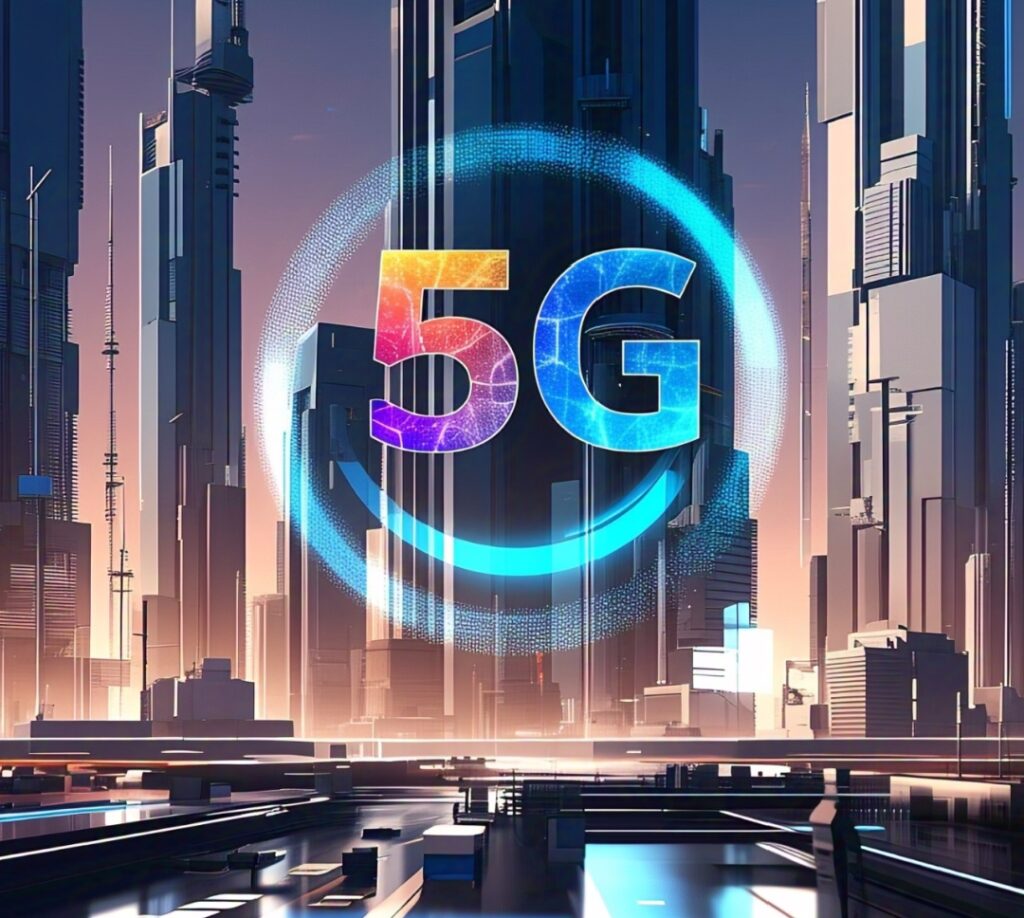5G Networks: Revolutionizing Connectivity

Introduction to 5G Networks
The fifth generation of wireless technology, 5G, is transforming the way we live, work, and interact with each other. With its unparalleled speed, low latency, and vast connectivity, 5G is poised to revolutionize various industries and aspects of our lives.
What is 5G?
5G is the latest generation of cellular network technology, designed to provide faster data speeds, lower latency, and greater connectivity than its predecessors. It operates on a higher frequency band, enabling faster data transfer rates and more reliable connections.
Key Features of 5G Networks
- Faster Speeds: 5G networks offer speeds that are significantly faster than 4G, with peak speeds reaching up to 20 Gbps.
- Low Latency: 5G networks have latency as low as 1 ms, making them ideal for real-time applications.
- Increased Capacity: 5G networks can support a vast number of devices, making them suitable for IoT applications.
- Improved Reliability: 5G networks are designed to provide more reliable connections, reducing the likelihood of dropped calls and data loss.
Applications of 5G Networks
- Enhanced Mobile Broadband: 5G will provide faster and more reliable mobile internet, enabling seamless video streaming, online gaming, and other bandwidth-intensive applications.
- IoT and Smart Cities: 5G will enable the widespread adoption of IoT devices, making cities smarter and more efficient.
- Autonomous Vehicles: 5G’s low latency and high reliability make it an ideal technology for autonomous vehicles.
- Remote Healthcare: 5G will enable remote healthcare services, such as telemedicine and remote monitoring, improving healthcare outcomes.
Benefits of 5G Networks
- Improved Productivity: 5G will enable faster and more reliable connections, improving productivity in various industries.
- Enhanced Customer Experience: 5G will provide customers with faster and more reliable services, improving their overall experience.
- New Business Opportunities: 5G will enable new business opportunities, such as IoT-based services and autonomous vehicles.
Challenges and Limitations
- Infrastructure: The rollout of 5G infrastructure is a significant challenge, requiring substantial investment and planning.
- Security: 5G networks pose new security challenges, such as increased vulnerability to cyber threats.
- Regulatory Frameworks: Regulatory frameworks need to be updated to accommodate the unique characteristics of 5G networks.
Conclusion
5G networks have the potential to revolutionize various industries and aspects of our lives. With its faster speeds, low latency, and vast connectivity, 5G will enable new use cases and applications that were previously unimaginable. As the rollout of 5G continues, we can expect to see significant improvements in productivity, customer experience, and new business opportunities.
FAQs
- What is the difference between 4G and 5G?
- 5G offers faster speeds, lower latency, and greater connectivity than 4G.
- How will 5G impact my daily life?
- 5G will enable faster and more reliable connections, improving your overall experience with mobile internet and other applications.
- What are the potential applications of 5G?
- 5G has potential applications in various industries, including IoT, autonomous vehicles, remote healthcare, and more.
- What are the challenges associated with 5G?
- The rollout of 5G infrastructure, security concerns, and regulatory frameworks are some of the challenges associated with 5G.
- When will 5G be widely available?
- 5G is already being rolled out in many countries, and its availability is expected to increase in the coming years.